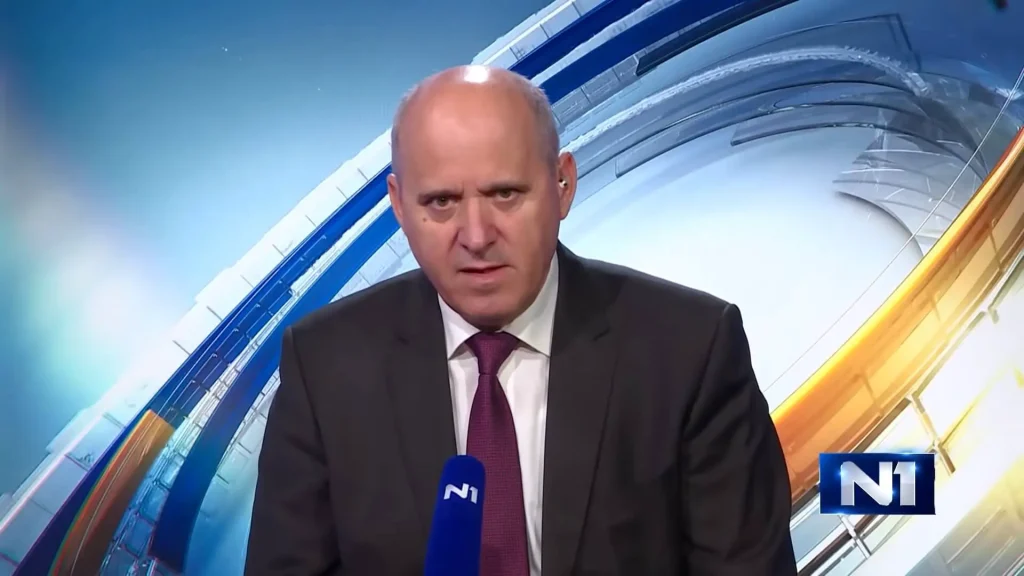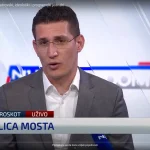HDZ whip Branko Bačić told a press conference in Parliament House that with that document Croatia received the highest amount of all EU member states according to its GDP. “And that is one of the indicators that one loves Croatia through deeds and not words,” claimed Bačić.
He underscored that there is no strict difference between funds for the real sector and public investments because both sectors have to interact with the aim of developing Croatia’s economy.
HDZ MP Marko Pavić explained that the plan relates to one-quarter of the €24.5 billion that Croatia has negotiated with the EU for the next 10 years, which is twice as much as Croatia had until now.
Pavić rejected opposition claims that not enough funds were foreseen for the private sector.
Croatia is near the top of EU countries with regard to allocations for the private sector, about one-third are direct allocations and more than half are indirect through public procurement, he underscored.
Direct allocations for the private sector in Spain, Portugal and Estonia, for example, are at 30%, in Lithuania between 10 to 20 percent and nothing in Germany, he added.
Pavić: Government is open to suggestions and constructive proposals from the Opposition
Andrej Plenković’s government has shown that it knows how to obtain funds and that it has the creativity and know-how to use those funds, claimed Pavić and added that the government is open to any suggestions and constructive proposals from the Opposition.
Referring to the one-off COVID supplement for pensioners that the government announced on Monday, Bačić denied that this was a pre-election move. “Any measure can be considered to be a pre-election move regardless of when it adopted… The COVID supplement has occurred now when the government reached an agreement with its partners,” he said.
Bačić commented on the initiative for stricter penalties for Ustasha symbols, reiterating that the HDZ advocates a comprehensive rule for the use of symbols of all totalitarian regimes.
Defending the use of symbols of just some totalitarian regimes opens new ideological debates and arguments that do not contribute to anything, and the only way to approach the matter is to have an equal distancing from all undemocratic totalitarian regimes, he said.
The use of the ‘For the Homeland Ready’ needs to be banned except when wartime units commemorate events in which their fellow fighters were killed, he added.
For more about politics in Croatia, follow TCN’s dedicated page.











